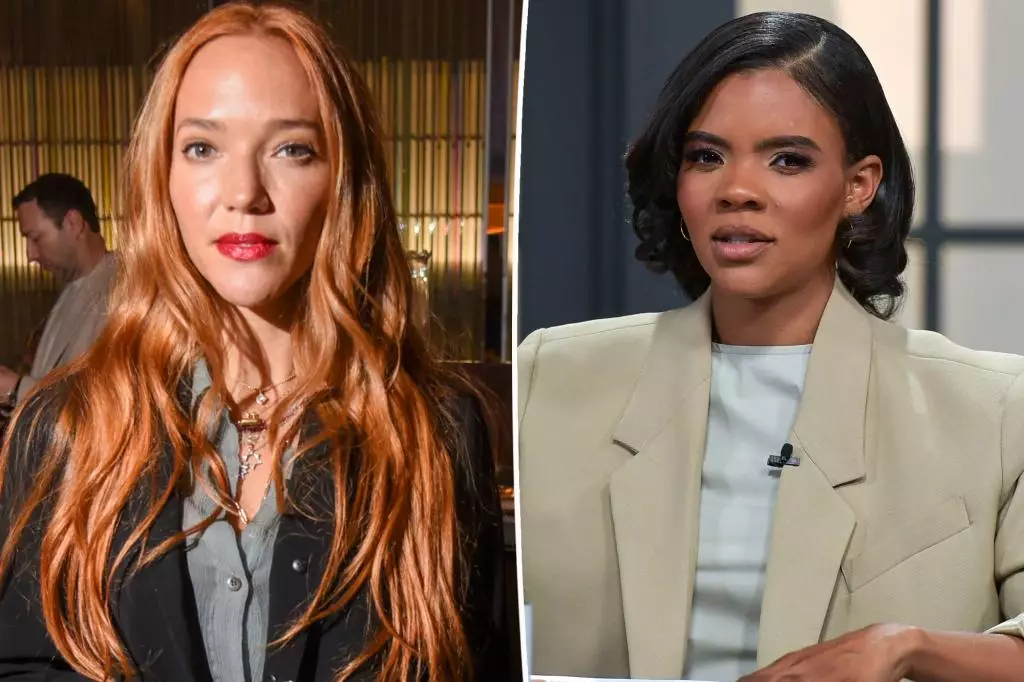Candace Owens recently came under fire for her controversial comments about the Holocaust, which sparked outrage among many. Owens criticized Jewish artist and activist Zoe Buckman after Buckman publicly criticized her remarks. According to reports, Owens attacked Buckman in private messages, accusing her of playing the victim and questioning her knowledge of other genocides besides the Holocaust.
During a podcast discussion on the 2015 BBC documentary “1945: The Savage Peace,” Owens made statements that seemed to downplay the atrocities of the Holocaust. She referred to Holocaust education as “indoctrination,” dismissed Hitler’s actions as mere “nationalism,” and called the documented atrocities carried out by Nazis as “bizarre propaganda.” These comments were met with swift backlash, with many accusing Owens of minimizing the experiences of the victims and survivors of the Holocaust.
Zoe Buckman, in response to Owens’ remarks, highlighted a disturbing pattern of antisemitism where deniers or minimizers of Jewish suffering accuse the Jewish community of playing the victim. Buckman emphasized that Jews have faced persecution throughout history and have always responded with resilience and a commitment to their values. She called out Owens for perpetuating harmful stereotypes and engaging in gaslighting tactics to deflect from her own controversial statements.
This is not the first time Candace Owens has been embroiled in controversy regarding her views on Israel and antisemitism. Owens’ previous disagreements with co-founder Ben Shapiro of the Daily Wire led to her departure from the organization. Additionally, white supremacist Nick Fuentes has praised Owens for her perceived anti-Jewish stance, and the Anti-Defamation League has labeled her as bigoted. These associations with extremist groups have further fueled the criticism against Owens.
In response to the backlash, Owens denied attacking Buckman and claimed that she was being unfairly targeted for her views. She suggested that critics were spreading lies about her statements and manipulating the narrative to portray her in a negative light. Owens defended her comments by arguing that they were taken out of context and misinterpreted by those seeking to discredit her credibility.
The controversy surrounding Candace Owens’ comments on the Holocaust has raised concerns about the spread of misinformation and the dangers of revisionist history. By casting doubt on established facts about the Holocaust and the atrocities committed by Nazi regime, Owens has inadvertently emboldened antisemitic beliefs and perpetuated harmful stereotypes. It is crucial to confront and challenge such rhetoric to prevent the distortion of historical truths and uphold the memory of the Holocaust victims.
The backlash against Candace Owens serves as a reminder of the importance of acknowledging and respecting the experiences of those who have suffered from historical traumas like the Holocaust. Owens’ remarks have sparked a necessary conversation about the dangers of downplaying or denying the atrocities of the past and the responsibility we all have to combat misinformation and hate speech. It is essential to stand up against bigotry and prejudice in all its forms to ensure a more inclusive and empathetic society.

Leave a Reply